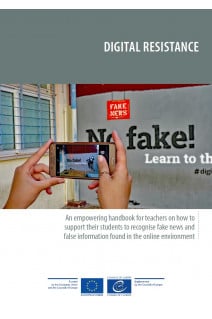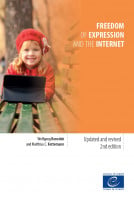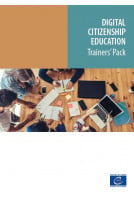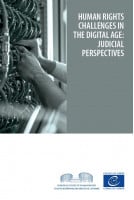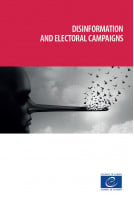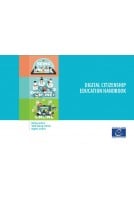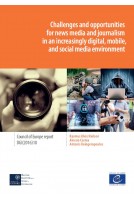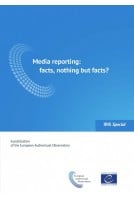EXECUTIVE SUMMARY
About this handbook
About the Digital Resistance project
INTRODUCTION
Council of Europe and digital citizenship
Competences for democratic culture
Competences needed to resist digital manipulation or indoctrination
Enquiry-based learning and competences for democratic culture
Creation of a digital output and competences for democratic culture
Peer-to-peer learning and competences for democratic culture
Why is it useful to focus on competences for democratic culture?
“FAKE NEWS” – A CHALLENGE FOR DEMOCRATIC SOCIETIES
What can be expected from this chapter
Which domains of digital citizenship are addressed in this chapter?
What do we mean when we speak of “fake news”?
Narrow versus broad definitions of online disinformation
Digital information market
Where does fake news originate?
How does fake news travel?
A closer look at visual misinformation
Acting against fake news
DIGITAL COMPETENCES TO DEAL WITH FAKE NEWS
What can be expected from this chapter
Which domains of digital citizenship are addressed in this chapter?
Online media use of young Europeans
Media and information literacy and critical thinking
Guidelines and tools
How to recognise fake news
How to understand fake news
How to manage fake news
STARTING THE SHORT MODULE: ENQUIRY-BASED LEARNING AND RESEARCH ON FAKE NEWS
What can be expected from this chapter
Structure of the short module
Learning environment, preparation and schedule
Methodological guidelines for the research
CREATION OF A DIGITAL OUTPUT
What can be expected from this chapter
Introduction
Creating a digital output
Presentation
Poster
Video
Animation
Digital storytelling
Blog
Wikis
Podcast
Instagram account/Stories
Challenges and limitations
SHARING THE RESULTS OF THE RESEARCH PROCESS
A guide for activities using peer-to-peer learning
Peer-to-peer learning
Peer-to-peer activities
Peer-to-peer activities online
CONCLUSION REFERENCES
